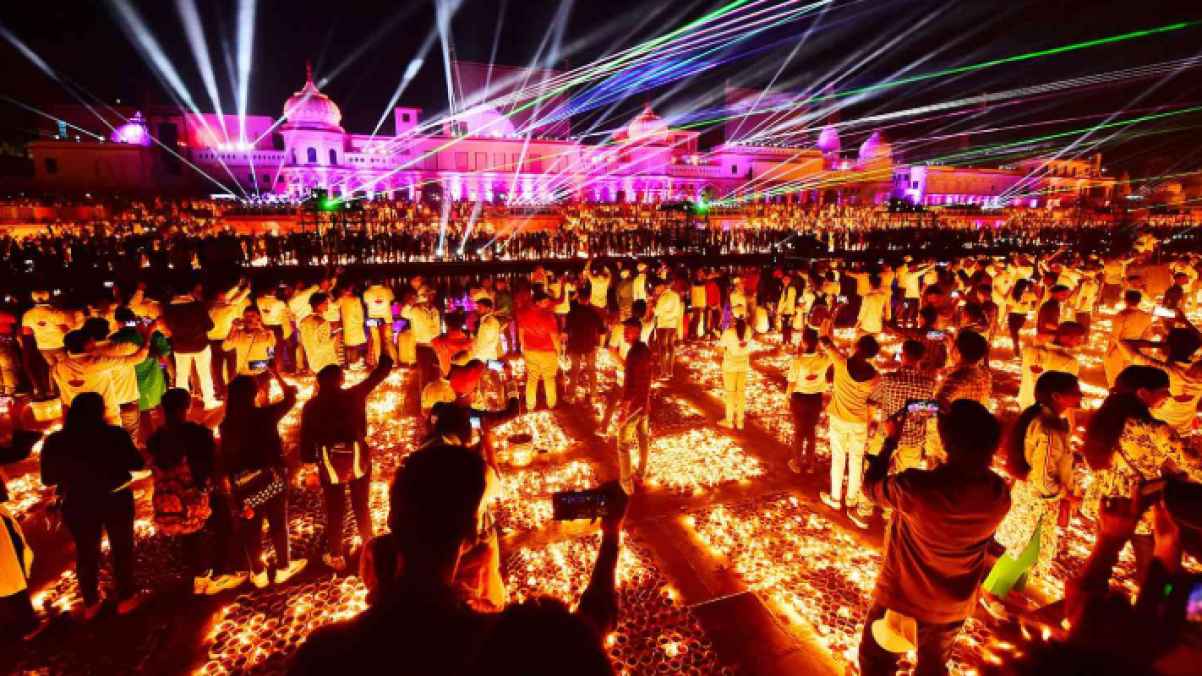India celebrates Diwali as streets sparkle with lights

Celebrations of Diwali, also known as the Festival of Lights, have begun in India and some South Asian countries, filling homes with joy, lights, and rituals for five days.
The festival is known in Sanskrit as Deepavali, meaning "rows of lights." It is a religious and cultural celebration of great significance for Hindus, Sikhs, Jains, and Buddhists around the world.
Diwali symbolizes the victory of light over darkness, good over evil, and knowledge over ignorance.
Rituals
The most prominent feature of the celebrations is the lighting of thousands of small clay oil lamps, called diyas, along with lanterns to decorate homes and streets, aiming to drive away darkness and bring good luck.
The main day of the festival is dedicated to the worship of the goddess Lakshmi, the deity of wealth and prosperity. Families believe that lighting and thoroughly cleaning their homes encourages the goddess to visit and bless them with wealth and abundance for the new year.
The nights are filled with spectacular fireworks displays, as well as the exchange of gifts and traditional sweets specially prepared for the occasion.
When does it start?
Diwali is not a single-day event; it spans five days and its date varies each year as it follows the Hindu lunar calendar.
This year, the festival began on Saturday, with Monday, October 20, marking the main day of celebrations and the grand lighting of lamps.
It is worth noting that the festivities are not limited to India. Indian communities in Gulf countries, such as the UAE, also hold major events reflecting tolerance and cultural diversity.
